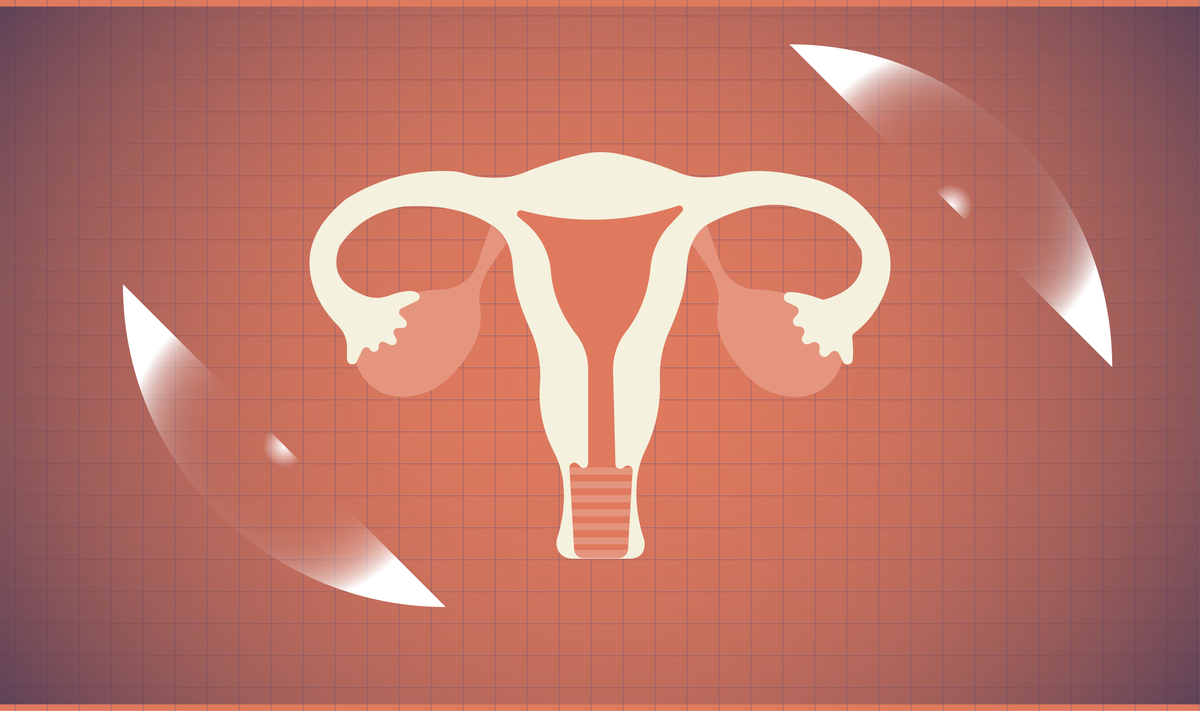Viral video drives conversation about Black maternal care
The FDA’s removal of a black box warning on hormone therapy for menopause led to debate about its safety.

The FDA’s removal of a black box warning on hormone therapy for menopause led to debate about its safety.
A recent viral video of a Black woman in labor has raised alarm about how racial bias may delay medical care and worsen Black maternal death rates. Plus, after the Food and Drug Administration lifted its black box warning on hormone therapy for menopause, posts debated whether the medications are safe and necessary. Social media users also expressed concern about Senate negotiations that could restrict abortion coverage for people on government-subsidized insurance plans.
In response, communicators may share resources for Black birthing parents and offer information about menopause treatment and abortion access.

Insights brought to you by the reporters and science writers of Public Good News (PGN), a nonprofit newsroom dedicated to improving community health.
What’s trending nationally in conversations about reproductive health:
On November 14, a TikTok user shared a video of a pregnant Black woman in labor at a Dallas hospital. In the video, the woman screams while a nurse faces away from her and asks intake questions without reacting to her pain. The pregnant woman’s mother, who filmed the video, can be heard asking the nurse if she treats all of her patients like this or “just the Black ones.” Text on the video says that the patient spent more than 30 minutes in the waiting room and delivered her baby 12 minutes after the video was filmed. The original video received more than 5 million views as of November 19 and was shared across social media platforms. Many posts called the nurse’s behavior unacceptable and highlighted the dangers of racial bias in medicine, noting that Black women face high maternal mortality rates. Some posts also referenced a recent incident in which a Black woman in labor was turned away from an Indiana hospital after staff said that she was not fully dilated. She gave birth in her car minutes later. Commenters who identified themselves as Black women said they’d had similar experiences.
On November 10, the FDA announced that hormone therapy for menopause will no longer carry a black box warning about serious health risks like breast cancer, heart attack, and stroke. The announcement said the warning was based on outdated science. Many social media users shared articles about the announcement and celebrated the news, noting that hormone therapy helped them manage joint pain, fatigue, and memory problems caused by perimenopause and menopause. Some said they regretted not seeking hormone therapy sooner due to fear of the medication causing serious health problems. Others suggested that the black box warning should be kept and that this treatment is unnecessary.
On November 11, articles reported that some Senate Republicans may be willing to extend the Affordable Care Act funds that will expire at the end of the year only if Democrats agree to restrictions on abortion coverage through ACA-subsidized insurance plans. Social media users expressed concern that this move would make it harder for people to pay for abortions, which could encourage some to seek unregulated abortion methods. Others said that abortion should be federally banned.

Recommendations brought to you by the health communication experts behind Infodemiology.com.
Recommendations for public health professionals
Each week, the Infodemiology.com team will provide messaging recommendations in response to some of the trending narratives outlined above. These helpful tips can be used when creating content, updating web and FAQ pages, and developing strategy for messaging about reproductive health.
Given discussions about racial bias in health care, which contributes to poor maternal health outcomes, communicators may share resources geared toward Black pregnant people, such as the BLACK Doula Network and the National Black Doulas Association. Communicators may also want to share tips for how pregnant people can advocate for their needs in the delivery room.
Conversations about hormone therapy for menopause show that the public has concerns about its safety. Messaging may explain that experts agree that the benefits of hormone therapy for menopause outweigh potential risks and that the FDA’s former black box warning did not reflect current science. Sharing content about how these medications work to relieve symptoms, such as hot flashes, night sweats, vaginal dryness, mood changes, and insomnia, is recommended. Messaging may stress that people experiencing perimenopause and menopause should talk to a health care provider about management options, including medications and lifestyle changes.
Recent conversations about abortion access provide an opportunity to circulate resources, such as the National Network of Abortion Funds, which helps people pay for an abortion and associated costs. Other resources include AbortionFinder.org, which helps people find reputable abortion providers; Plan C, which offers information about accessing abortion pills in every state; and the Repro Legal Helpline, which connects people with lawyers who can answer questions about abortion, miscarriage, and birth.
